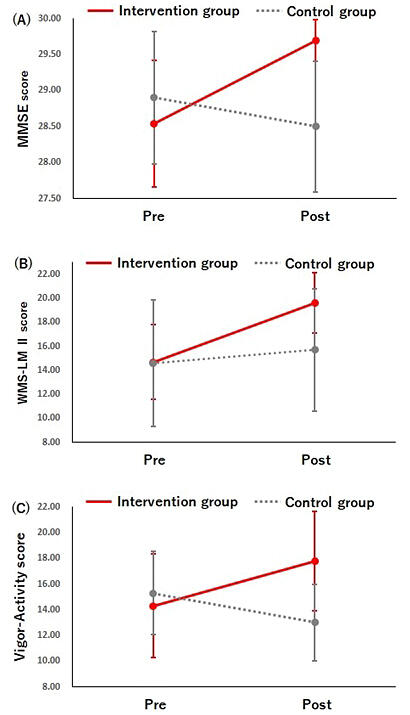A research group led by Professor Yasuyuki Taki and Research Associate Takamitsu Shinada from the Smart-Aging Research Center at the Institute of Development, Aging and Cancer (IDAC), Tohoku University, in collaboration with IKEBE GAKKI Co., Ltd. (Chiyoda City, Tokyo Prefecture), announced on March 12 that they have confirmed that participation in group music sessions (band instrument performance) by healthy older adults improves brain health (overall cognitive function and verbal memory) and mental health (mood state). Each indicator significantly improved after 16 weeks of participation. Incorporating group music sessions into dementia prevention programs may potentially extend healthy life expectancy. The group's findings were published in the international academic journal Frontiers in Aging on February 10.

Provided by Tohoku University
Japan's annual economic loss due to dementia is estimated to exceed 12 trillion yen. Playing musical instruments requires various forms of information processing in extensive brain regions by simultaneously using auditory, visual, and tactile senses, and is considered effective as a preventive measure against dementia. Previous studies have mainly focused on individual instrument playing, with limited research on the effects of group music sessions. In this study, the research group examined the intervention effects of group music sessions on 27 older adults aged 65-74 with no prior musical instrument experience. Participants were randomly divided into a group participating in group music sessions and a non-participating (control) group. The effects on cognitive and psychological functions were investigated through a 16-week intervention of 90-minute sessions once a week. During the group music sessions, an instructor played simple melodies on the piano, and participants played bass guitar, keyboard, and drums accordingly. The non-participating group continued their normal lives for 16 weeks.
As a result, overall cognitive function (MMSE score), verbal memory (WMS-LM II score), and mood state (POMS2: Vigor-Activity score) significantly improved in the intervention group. The non-participating group showed no changes in any of these indicators. The researchers plan to advance studies using neurophysiological data (such as MRI) to elucidate the mechanisms of the effectiveness of group music sessions.
Taki commented: "Previous research has revealed various brain effects from individual instrument playing, but this study is the first in the world to show that group music sessions (band instrument performance) are beneficial for brain and mental health even in older adults with no prior instrument experience. It's never too late to start playing an instrument. I hope that people who have played in bands before and those who haven't will all enjoy playing instruments together, leading to communities rich in spirit and further energizing the instrument industry."
Journal Information
Publication: Frontiers in Aging
Title: Effects of group music sessions on cognitive and psychological functions in healthy older adults
DOI: 10.3389/fragi.2025.1513359
This article has been translated by JST with permission from The Science News Ltd. (https://sci-news.co.jp/). Unauthorized reproduction of the article and photographs is prohibited.




